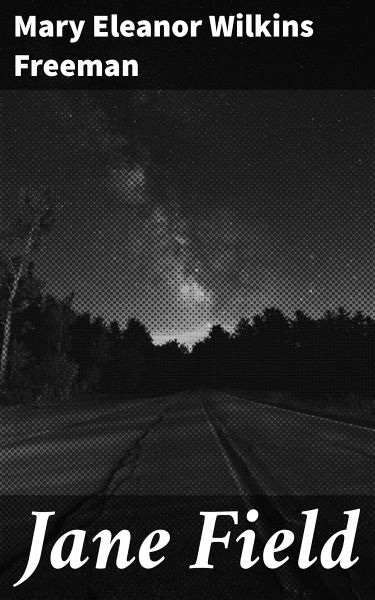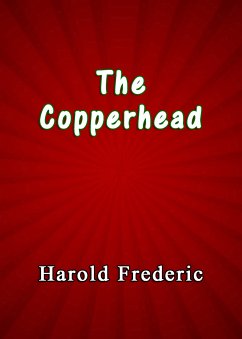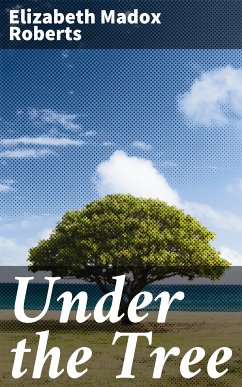
Jane Field (eBook, ePUB)
Enriched edition. A Novel
Kommentar: Burton, Maxwell / Redaktion: Good Press

PAYBACK Punkte
0 °P sammeln!
In "Jane Field," Mary Eleanor Wilkins Freeman delves into the nuanced inner life of her protagonist, Jane, exploring themes of gender, isolation, and societal expectations in late 19th-century New England. The narrative employs a realist style, capturing the subtleties of small-town dynamics and the emotional landscapes of its characters. Freeman's keen attention to detail and her use of psychological depth create a rich tapestry that reflects both the constraints and aspirations of women's lives during this era, establishing a poignant sociocultural context for Jane's struggles and yearnings....
In "Jane Field," Mary Eleanor Wilkins Freeman delves into the nuanced inner life of her protagonist, Jane, exploring themes of gender, isolation, and societal expectations in late 19th-century New England. The narrative employs a realist style, capturing the subtleties of small-town dynamics and the emotional landscapes of its characters. Freeman's keen attention to detail and her use of psychological depth create a rich tapestry that reflects both the constraints and aspirations of women's lives during this era, establishing a poignant sociocultural context for Jane's struggles and yearnings. Mary Eleanor Wilkins Freeman, an esteemed novelist and short story writer, was deeply influenced by her own New England upbringing and experiences in a patriarchal society. Her literary oeuvre often intertwines with her advocacy for women's rights and her critical portrayals of rural life. Freeman's background as the daughter of a minister and the challenges she faced as a woman writer in the late 1800s are intricately woven into her work, giving her stories both authenticity and emotional resonance. "Jane Field" is a compelling exploration of self and society that continues to resonate with contemporary readers. Freeman's masterful character development and rich storytelling make this novel not just a period piece but a timeless reflection on the complexities of womanhood. Readers interested in feminist literature and psychological realism will find this work an essential addition to their collection. In this enriched edition, we have carefully created added value for your reading experience: - A succinct Introduction situates the work's timeless appeal and themes. - The Synopsis outlines the central plot, highlighting key developments without spoiling critical twists. - A detailed Historical Context immerses you in the era's events and influences that shaped the writing. - A thorough Analysis dissects symbols, motifs, and character arcs to unearth underlying meanings. - Reflection questions prompt you to engage personally with the work's messages, connecting them to modern life. - Hand-picked Memorable Quotes shine a spotlight on moments of literary brilliance. - Interactive footnotes clarify unusual references, historical allusions, and archaic phrases for an effortless, more informed read.
Dieser Download kann aus rechtlichen Gründen nur mit Rechnungsadresse in A, B, BG, CY, CZ, D, DK, EW, E, FIN, F, GR, H, IRL, I, LT, L, LR, M, NL, PL, P, R, S, SLO, SK ausgeliefert werden.













